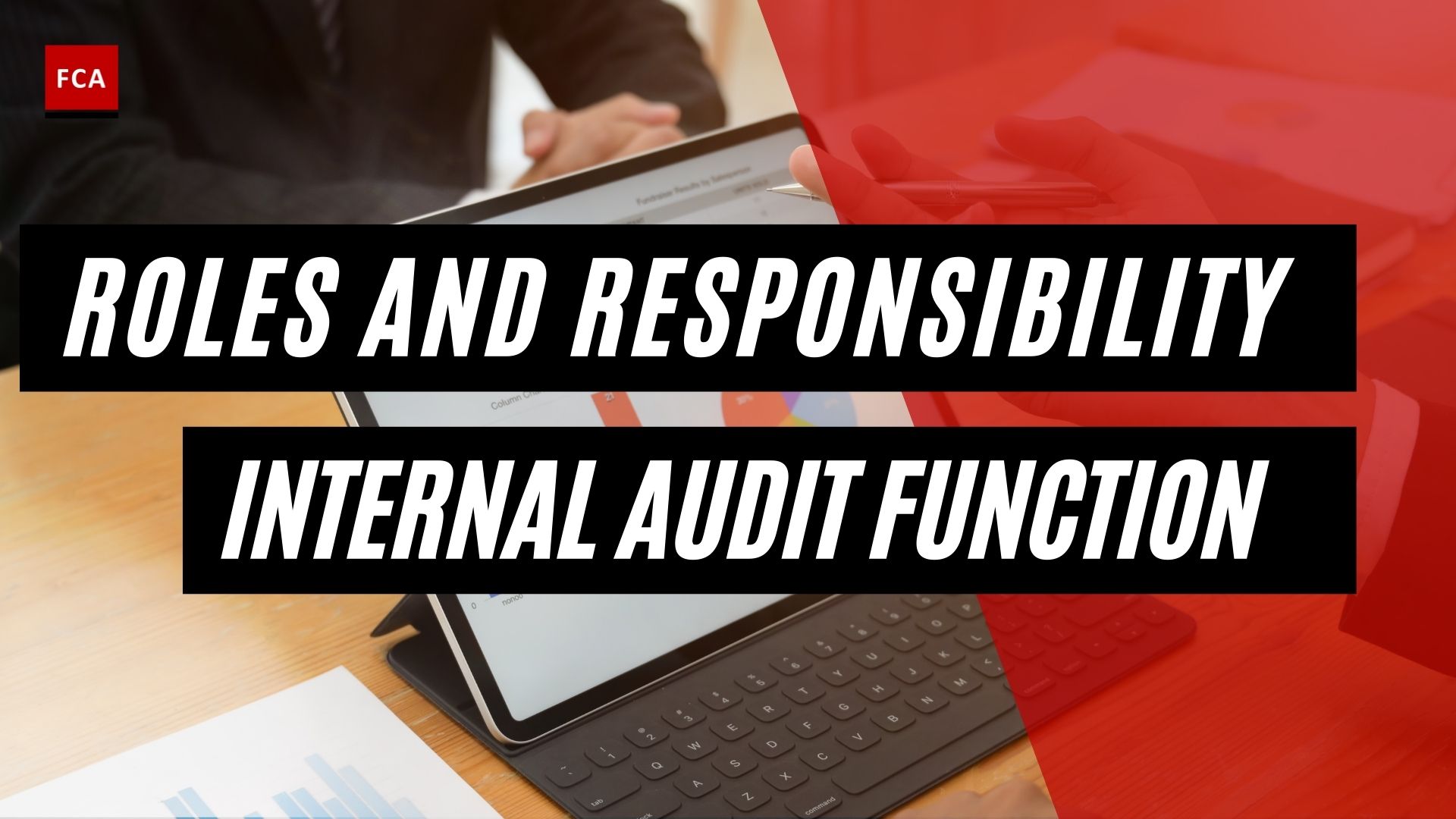Different types of internal audit can help management identify enterprise-wide cost efficiencies, provide information and insight that enhance organizational performance, and suggest aspects for risk focus and optimization.
The scope of work of the types of internal audit is broad and includes all aspects of the organization, both financial and non-financial, with a focus on constructive improvement. Internal auditors may be involved in “financial” audits focusing on the audit of items in the income statement, statement of comprehensive income, or statement of financial position. Whenever the internal auditors are required to perform such a task, they may replicate work that the external auditors might otherwise be expected to do. The external auditors might, therefore, be able to rely on the work of the internal auditors in reaching their audit conclusion.

Types of Internal Audit
However, the types of internal audit function often has a much wider role than simply performing financial audits. In many entities (particularly large entities), the auditors are involved in other aspects and types of internal auditing such as:
- Energy Audits: These are checks on how the entity is making use of energy and whether its operations are energy efficient.
- Social Audits: These are checks on the impact of the entity on the society in which it operates.
- Environmental Audits: These are checks on the effect the entity is having on its natural environment and considers issues such as the use of sustainable materials, recycling, reducing pollution, and so on.
- Human Resource Audits: These are audits into the workforce of an entity, checking whether the entity has adequate systems for the recruitment, training, and development of employees to meet its current and future needs.
Financial Audits Description
There are many types of internal audit and performing financial audits is the traditional role of the internal auditor. Internal auditors may be asked by management to review records to substantiate figures appearing in financial statements and management accounts.
This work overlaps with the work of the external auditor. Consequently, this aspect of internal audit work is now seen as a relatively minor part of the total work of an internal audit department.
However, it is important to remember that by performing the types of internal audits and financial audits, the internal auditor can look at the internal controls in place to minimize risks, identify weaknesses, and recommend improvements in the internal control system.
Operational Audits Description
Operational audits examine the entity’s internal control procedures and whether the control systems established by management are operating effectively. As a result of the audit, the internal audit department will recommend improvements to the system or how it is operated.
The value for money (or VFM) audit described in an earlier chapter is an assurance service that might be performed for a client by an external accountancy firm. VFM audits may also be carried out by the internal audit department.
Finding the best possible combination of the three Es is seen as a strategy for maximizing profit performance. It is not usually possible to achieve objectives (effectiveness) by using the cheapest resources (economy) in the most productive way possible (efficiency). Sometimes, greater efficiency can only be achieved by spending more, so a balance should be found between economy and efficiency. Sometimes, the benefits of greater effectiveness are not justified by the extra cost, so a balance must be found between economy and effectiveness.
One of the purposes of a VFM audit should be to check whether the most appropriate balance between economy, efficiency, and effectiveness is being achieved.
Compliance Audits
Entities are subject to many laws and regulations. They may be exposed to the risk of regulatory action by authorities if they fail to comply with regulations. The nature of important regulations varies from one industry to another. Controls over health and hygiene are important for the food manufacturing industry, for example. Controls over pollution are important for companies involved in oil and gas exploration. Controls over money laundering are important for financial services, and controls over safety are important for companies in the public transport industry.
Internal audit can be used as a tool to confirm that significant laws and regulations are being complied with by the company (or other reporting entity).
Final Thoughts
They types of internal audits assess a company’s internal controls, which include its corporate governance and accounting processes. These audits ensure that laws and regulations are followed, as well as that financial reporting and data collection is accurate and timely.








